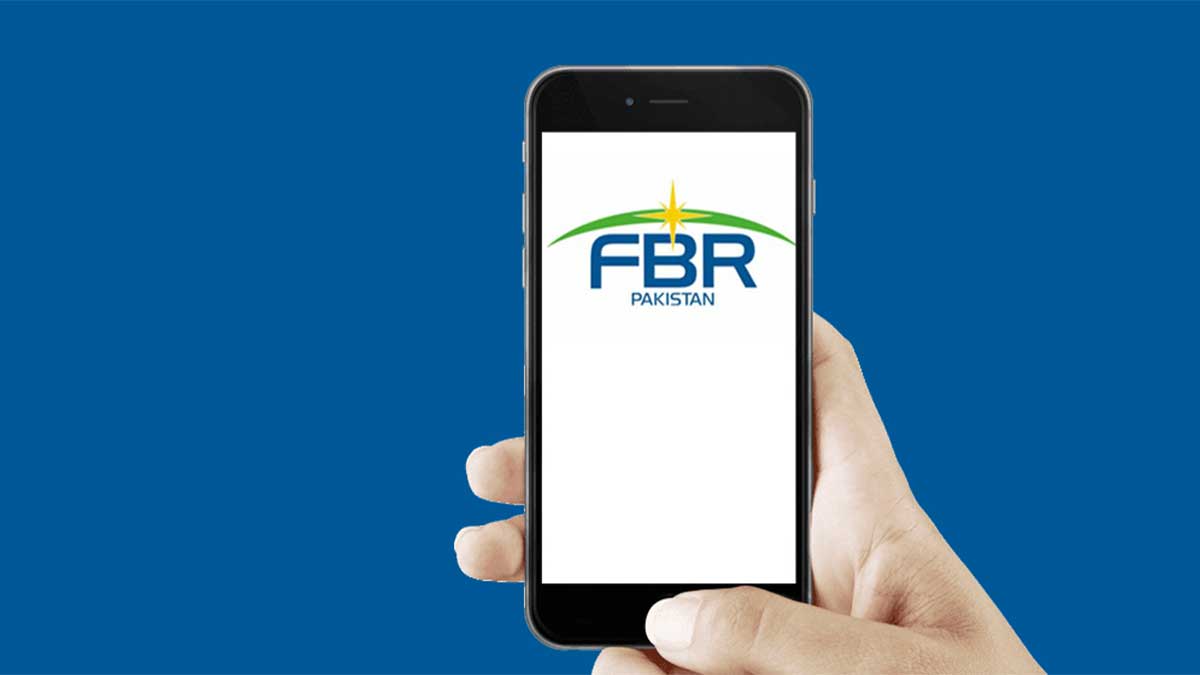Companies would be required to make payments on expenditures over Rs 250,000 through digital channel alone starting November 1, according to spokesperson of Federal Board of Revenue (FBR).
During this time, corporate taxpayers may employ regular banking transaction techniques such as cross cheques, cross-bank draft, cross pay orders, or any other crossed banking instrument that is lawful, according to the spokesperson.
“The FBR has implemented significant revisions to the Income Tax Ordinance, 2001, via the Tax Laws (3rd Amendment) Ordinance, 2021 (the New Ordinance) with a view to documenting the economy, capturing supply chains, and broadening the tax base,” he added.
Read more: FATF conditions: Realtors to share credentials of buyers, sellers with FBR
He claimed that the new regulation has prevented the use of standard banking channels for payments to taxpayers other than corporations for expenses over Rs 250,000.
Utility payments, freight charges, travel fair, and payment of taxes and fines, on the other hand, would continue to be permissible, whether paid in cash or through standard banking instruments, he noted.
FBR Gives Traders 40-Days To Switch Over To Digital Mode Of Payments
In the first phase, the goal of this legislation is to stimulate digital payments while discouraging traditional modes of transactions in the corporate sector.
It’s worth noting that grey transactions (hiding/suppressing sales invoices and un-reconciled payments via open/revolving cheque or cash) are very common in today’s business value chains.
According to the spokesperson, cash/cheque transactions account for nearly 99 percent of all company transactions. Furthermore, 3rd party payments are very common in both the formal and informal sectors, where enterprises do not utilize their own bank accounts to pay for supplies, he added.
“This is extremely common in supply chains and has become the standard. Cross checks, too, are unproductive because they take 1-3 days to clear,” according to the FBR.
Cross or open cheques, he continued, do not carry the “purpose” of the payment or its relationship to the invoice.
Despite numerous initiatives to strengthen supply chain documentation, such as WHT and additional tax, the number of unregistered distributors and retailers remains high, resulting in sales suppression and complete avoidance of owing income tax.





















